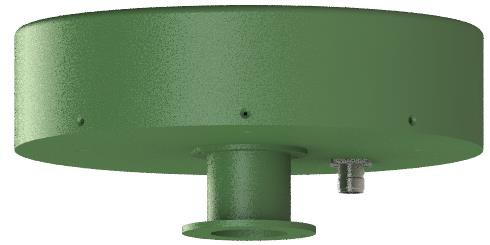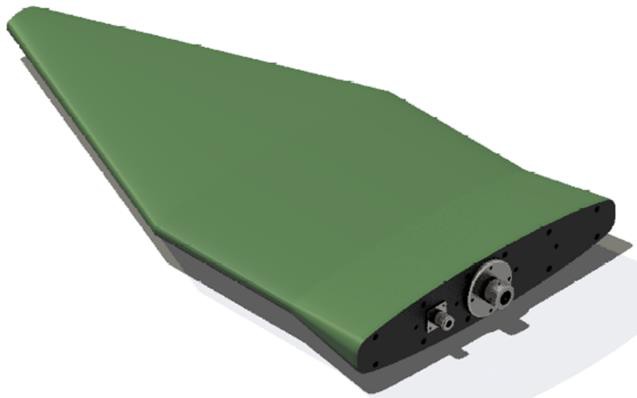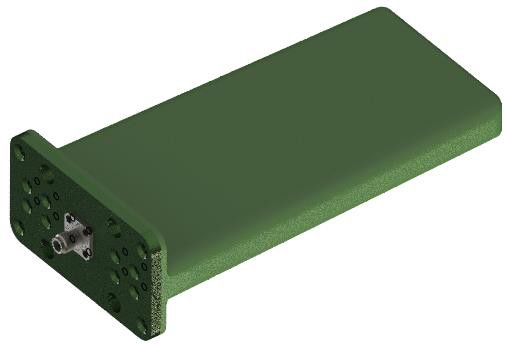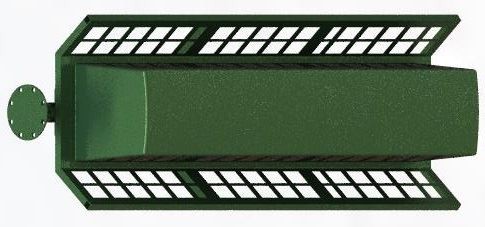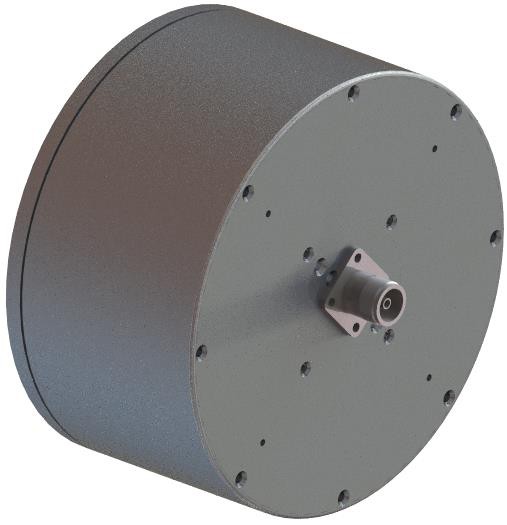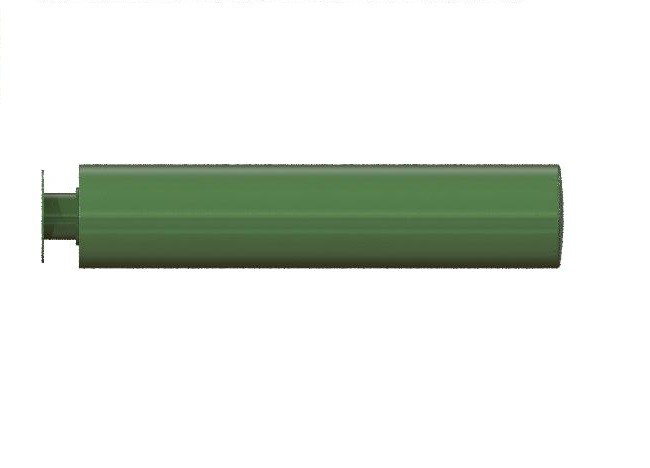
Products
ANT0104HP Horizontally Polarized Omnidirectional Antenna
| Leader-mw | Introduction to Horizontally Polarized Omnidirectional Antenna |
Introducing Chengdu leader microwave Tech.,(leader-mw) horizontally polarized omnidirectional antenna, the perfect solution for superior signal strength and coverage in any environment. Using advanced technology and unrivaled engineering, the antenna is ideal for a variety of applications including wireless communications, broadcast and IoT connectivity.
Our horizontally polarized omnidirectional antennas feature a stylish and durable design suitable for indoor and outdoor installations. With its omnidirectional capabilities, the antenna provides 360-degree coverage, ensuring a strong and reliable signal over a wide area. Whether you want to enhance connectivity in commercial buildings, residential areas or public spaces, this antenna is the ultimate solution.
One of the main features of our horizontally polarized omnidirectional antennas is their horizontally polarized radiation pattern. This unique design allows the antenna to transmit and receive signals in specific directions, which is beneficial for minimizing interference and maximizing signal strength. This makes it an excellent choice for environments where signal quality and consistency are critical.
In summary, the ANT0104HP Omnidirectional Antenna is a top-of-the-line solution for all of your cellular and wireless communication needs. With its easy installation, 360-degree coverage, wide RF range, and durable construction, this antenna has everything you need to stay connected in today's fast-paced world.
Don't settle for subpar performance – choose the ANT0104HP antenna and experience the difference for yourself. Whether you're a telecommunications provider, a business owner, or simply someone who demands the best in connectivity, the ANT0104HP antenna has you covered.
| Leader-mw | Specification |
| Frequency Range: | 20-3000MHz |
| Gain, Typ: | ≥-5(TYP.) |
| Max. deviation from circularity | ±2.0dB(TYP.) |
| Horizontal radiation pattern: | ±1.0dB |
| Polarization: | horizontal polarization |
| VSWR: | ≤ 2.5: 1 |
| Impedance: | 50 OHMS |
| Port Connectors: | N-Female |
| Operating Temperature Range: | -40˚C-- +85 ˚C |
| weight | 1kg |
| Surface Color: | Green |
| Outline: | φ280×122.5mm |
Remarks:
Power rating is for load vswr better than 1.20:1
| Leader-mw | Environmental Specifications |
| Operational Temperature | -30ºC~+60ºC |
| Storage Temperature | -50ºC~+85ºC |
| Vibration | 25gRMS (15 degrees 2KHz) endurance, 1 hour per axis |
| Humidity | 100% RH at 35ºc, 95%RH at 40ºc |
| Shock | 20G for 11msec half sine wave,3 axis both directions |
| Leader-mw | Mechanical Specifications |
| Item | materials | surface |
| Vertebral body cover 1 | 5A06 rust-proof aluminum | Color conductive oxidation |
| Vertebral body cover 2 | 5A06 rust-proof aluminum | Color conductive oxidation |
| antenna vertebral body 1 | 5A06 rust-proof aluminum | Color conductive oxidation |
| antenna vertebral body 2 | 5A06 rust-proof aluminum | Color conductive oxidation |
| chain connected | epoxy glass laminated sheet | |
| Antenna core | Red cooper | passivation |
| Mounting kit 1 | Nylon | |
| Mounting kit 2 | Nylon | |
| outer cover | Honeycomb laminated fiberglass | |
| Rohs | compliant | |
| Weight | 1kg | |
| Packing | Aluminum alloy packing case (customizable) | |
Outline Drawing:
All Dimensions in mm
Outline Tolerances ± 0.5(0.02)
Mounting Holes Tolerances ±0.2(0.008)
All Connectors: N-Female


| Leader-mw | Test Data |
| Leader-mw | Antenna coefficients |
So, what about antenna coefficients?
It can be used to measure the field intensity at the position of the antenna, which is very common in the EMC field. The antenna output voltage can be measured by a spectrometer.
It can be used to measure antenna gain, and the relationship between antenna coefficient K and receiving antenna gain G can be established through mathematical derivation:

Need to be very aware that for an active antenna, coefficient calculated by antenna gain does not contain information field (understandable into scope of antenna beam distribution information), because we can theoretically by changing the internal active antenna amplifier gain coefficient of the antenna is very small, so the push to get the gain can even infinity, obviously it is not possible.

